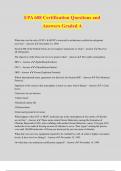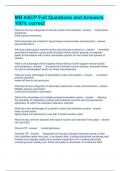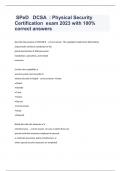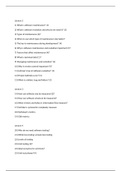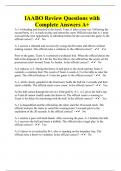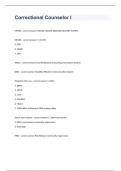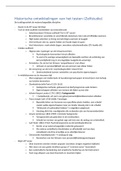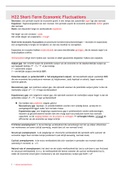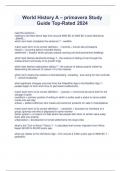Summary
Introduction to International Business summary (IB RUG)
- Course
- Institution
- Book
Summary of the course of Introduction to International Business taught in the BSC of International Business, obtained a 9 overall in the course. A detailed summary of the whole course including definitions, examples and images.
[Show more]





